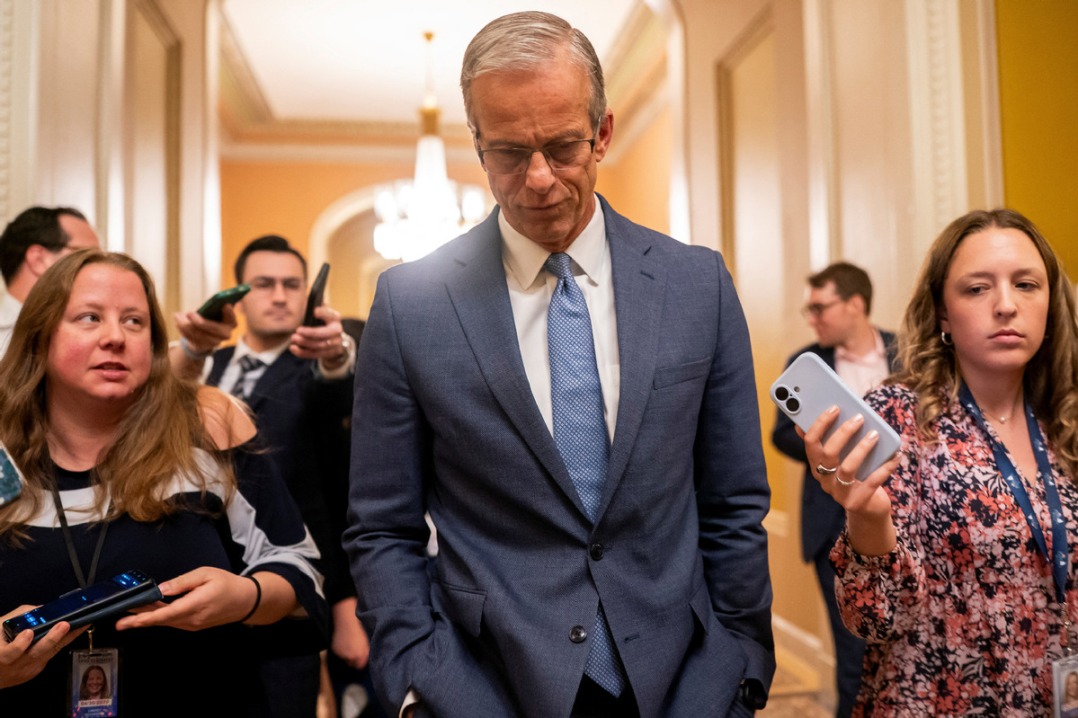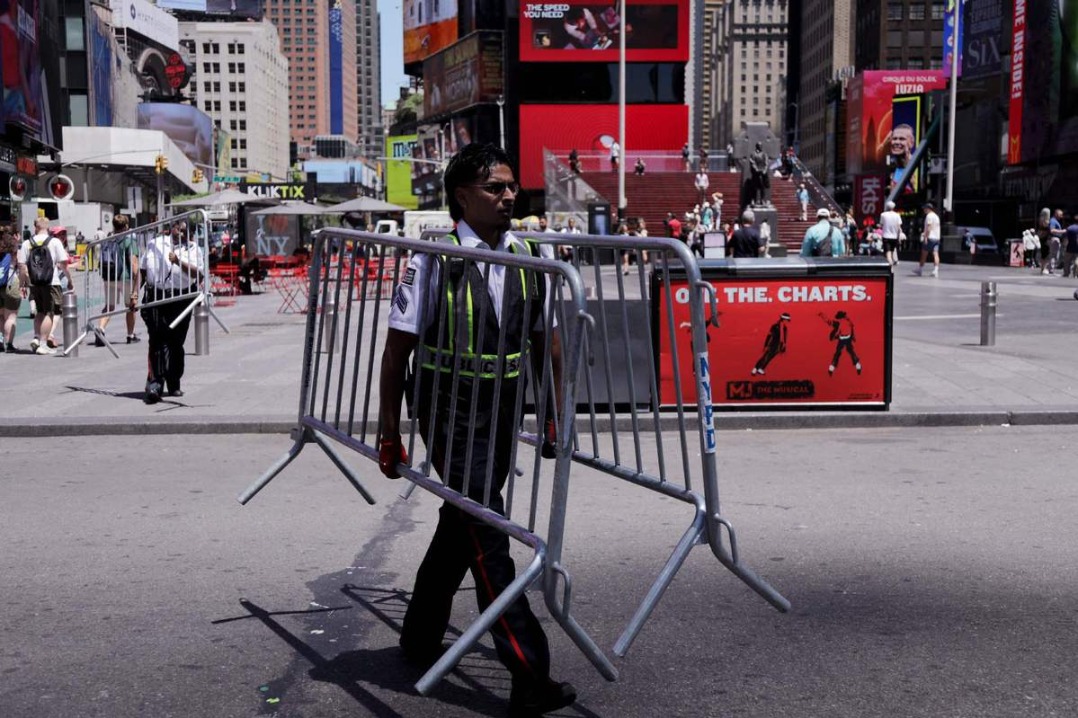UK tax rise likely after rollback in welfare bill


Senior financial analysts have warned that tax rises in the United Kingdom now look increasingly likely after the government was forced to withdraw a major element of its welfare reform legislation in the face of opposition from its own members of Parliament.
The bill, relating to universal credit and personal independence payments, known as PIPs, passed its second reading in the House of Commons on Tuesday by 335 votes to 260 — a majority of 75 — but 49 Labour MPs voted against it.
It had been hoped that the PIPs reform would save up to 5 billion pounds ($6.8 billion) a year, but the concessions offered by the government to stave off an even bigger rebellion mean that money is now wiped out, leaving Chancellor of the Exchequer Rachel Reeves with a major headache.
In her budget last October, the first of the new Labour Party government, Reeves announced 40 billion pounds of tax rises, but afterward told the Treasury Select Committee that this had been "a once-in-a-Parliament reset so that we start on the right foot… In terms of whether we'll be doing something similar in the future — no … we're not going to be coming back with more tax increases, or indeed more borrowing".
Helen Miller, head of the Institute for Fiscal Studies think tank, told the BBC's Today program that the concessions to rebel Labour MPs meant tax rises were now "increasingly likely" as Reeves had "very little wriggle room", and there was now no way that the bill, in its revised form, could result in any savings.
Cabinet member Pat McFadden agreed that the lost savings would have to be made up for somewhere else.
"In any budgetary decision, there's definitely a cost to what was announced yesterday, and you can't spend the same money twice. So more money spent on that means less for some other purpose," he said.
"It has been a difficult process, I'm not going to deny that," McFadden added, saying that the rebellion had happened because Labour MPs "care about the people involved, care about the issues involved. And so it has been difficult, and now we'll have to take this forward in a different way".
Kemi Badenoch, leader of the opposition Conservative Party, described what had happened as "an utter capitulation. Labour's welfare bill is now a total waste of time… they should bin it, do their homework, and come back with something serious."
The mass rebellion, mainly by MPs from the left of the Labour Party, follows hard on the heels of another high-profile climbdown over the issue of winter fuel payments for the elderly, and comes at a particularly awkward time for the government as this week it reaches the milestone of one year in power.

































